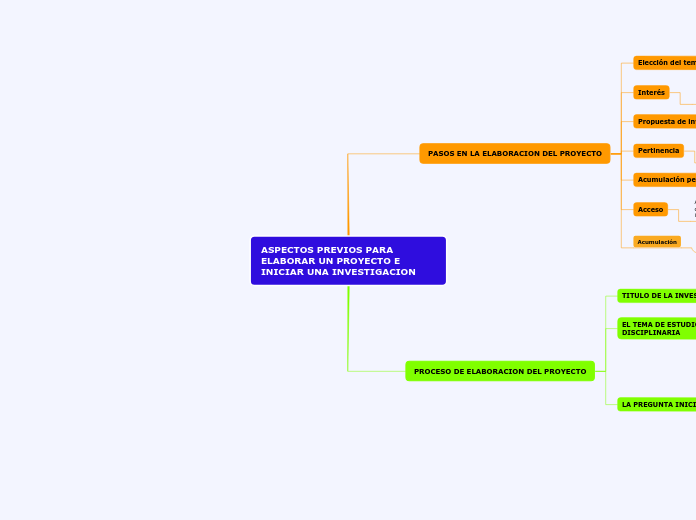によって Sara Zaleta 4年前.
600
ASPECTOS PREVIOS PARA ELABORAR UN PROYECTO E INICIAR UNA INVESTIGACION

によって Sara Zaleta 4年前.
600

もっと見る
In linguistics, syntax is the set of rules, principles, and processes that govern the structure of sentences in a given language, usually including word order.
See the example below and try to create your own simple sentences.
Tim is the driver.
Sera posible en tanto ala pregunta puede ser contestada investigación. A la vez la pregunta marca los limites de hasta donde quiere y puede llegar el investigador con las capacidades y recursos que posee.
Refiere a dos factores: el primero debe ser congruente con los objetos de investigación disciplinaria y segundo, siguiendo con el criterio científico no debe reflejar juicios de valor por parte del investigador.
Es una pregunta implica que debe formularse con precisión, detallando la relacion del objeto con valores y periodos de tiempo.
See the example below and try to create your own simple sentences.
Tim drives the car.
See the example below and try to create your own simple sentences.
Tim drives.
An adverbial is an individual word (that is, an adverb), a phrase, or a clause that can modify a verb, an adjective, or a complete sentence.
The attribute is defined as a quality or characteristic of a person, place or thing.
The predicative is defined as an adjective or noun forming or contained in the predicate.
Its main trait is that it serves to express a property that is assigned to a 'subject'.
For e.g.: The dog is old.
Traditional grammar defines the object in a sentence as the entity that is acted upon by the subject.
The indirect object identifies the person/thing for whom/which the action of the verb is performed.
The indirect object is usually a person or a thing.
The predicate of a sentence is the part that modifies the subject in some way. Because the subject is the person, place, or thing that a sentence is about, the predicate must contain a verb explaining what the subject does and can also include a modifier.
The subject of a sentence is the person, place, thing, or idea that is doing or being something. You can find the subject of a sentence if you can find the verb.
Ask the question, 'Who or what 'verbs' or 'verbed'?' and the answer to that question is the subject.